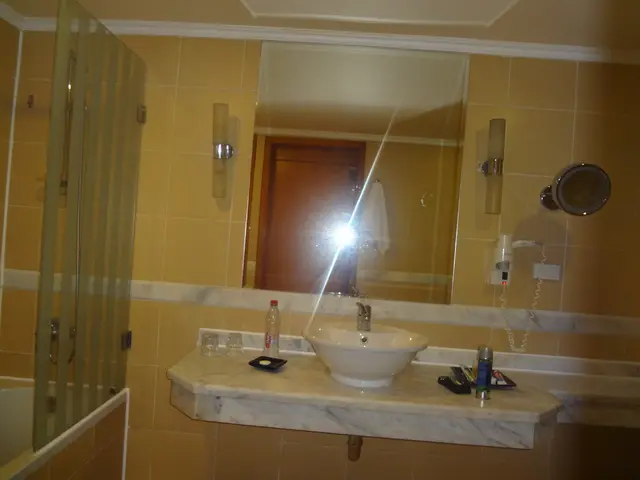Engaging in the Academic Discourse: Your Contribution Matters
In the realm of academic research, finding gaps in existing literature is a crucial step towards making a meaningful contribution to your field. Here's a guide to help you identify these gaps effectively.
Conduct a Broad and Critical Literature Review
Start by undertaking a comprehensive literature review, delving into diverse sources to critically analyse the studies that have already been conducted. Look for inconsistencies, underexplored topics, outdated research, or unresolved debates. Examine conflicting findings or debates in the field, and look for populations, methods, or contexts that have received limited attention.
Use Visualization and Software Tools
Employing organizational tools like charts or Venn diagrams can help map existing research and visually reveal gaps. Additionally, research gap finder tools and software such as Connected Papers, ResearchRabbit, or Semantic Scholar can efficiently highlight less-studied areas.
Narrow Your Topic and Confirm Its Significance
It's important to focus on a clear, feasible topic scope. Beyond identifying gaps, ensure your proposed topic has practical or theoretical significance, meaning it will advance knowledge, practice, or policy. Techniques like evidence and gap mapping can systematically categorize extant literature to pinpoint gaps more precisely, often used in systematic reviews.
Bring New Strains of Thought
Each contribution to academic research, no matter how small, plays a role in the progression of the field. Don't shy away from bringing new strains of thought into your work. Many undergraduates have yet to find their research niche, and identifying gaps in the literature can provide an excellent starting point.
The Importance of the Scholarly Conversation
The academic writing process is a collaborative and cumulative endeavour, involving ongoing contributions from scholars in the field. The progress of respective disciplines relies on contributing to already existing topics of research. Without contributing to the scholarly conversation, academic disciplines would not progress as they have.
In conclusion, finding gaps in the literature is an essential part of the academic research process. By conducting a broad and critical literature review, using visualization and software tools, narrowing your topic, and confirming its significance, you can ensure that your research makes a meaningful and original contribution to your field.
By focusing on a junior paper in the realm of academic writing, you can leverage a comprehensive literature review to identify gaps, cultivate personal growth, and contribute to education-and-self-development, as well as advance learning in your chosen field through new strains of thought, enriching the ongoing scholarly conversation.
The process of publishing a junior paper not only offers an opportunity to fill framework gaps in existing literature but also encourages personal development, serving as a stepping stone to further academic endeavors, thereby fostering overall growth and advancement in your field.







